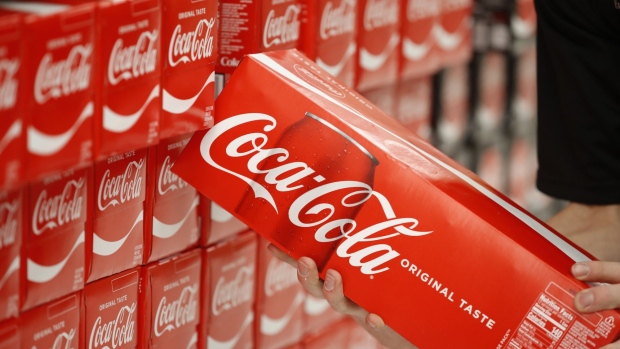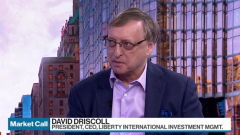Apr 8, 2022
Former Coca-Cola Lawyer's $12 Million Payout in Crosshairs After Diversity Controversy
, Bloomberg News

(Bloomberg) -- Coca-Cola Co. investors should reject the company’s executive compensation plan because of “serious concerns” about a $12 million consulting deal for its former general counsel, a shareholder-advisory firm said, deepening a controversy that began with a push for greater diversity.
Bradley Gayton, who resigned last year as Coca-Cola’s top lawyer after only about eight months on the job, wasn’t entitled to any compensation based on a voluntary separation, adviser Glass Lewis & Co. said in a report. Even in a hypothetical scenario in which he was terminated without cause, he would have received only $1.57 million.
“Shareholders may reasonably question whether such outsized payments upon a voluntary resignation may have the potential to indicate broader issues at the company,” Glass Lewis said. “Given the relative uniqueness of the situation, the company’s glaring lack of disclosure regarding such rationale leaves shareholders largely in the dark as to the context and thought process of the board.”
The recommendation deepens the controversy swirling in the wake of Gayton’s abrupt departure, which followed his push to impose diversity standards for outside lawyers. Coca-Cola, which was threatened with a shareholder lawsuit over the initiative, has said that the program was never implemented. The Atlanta-based company has said it remains committed to diversity and inclusion.
Read more: Aggressive legal diversity drive pushed corporate limits
Under Gayton’s plan, the soft-drink maker sought to have Black lawyers handle at least half of the billable time on the 30% of new matters that Coca-Cola’s outside counsel would be forced to earmark for diverse attorneys. The policy also would have cut fees by 30% for U.S. firms that failed to meet those requirements.
Coca-Cola didn’t immediately respond to a request for comment about Glass Lewis’s recommendation. A representative for Gayton didn’t immediately comment.
Coca-Cola shares were up 0.5% to $63.76 in New York trading at 11:10 a.m. The stock is up 7.7% this year, compared with a 5.5% decline for the S&P 500 index.
©2022 Bloomberg L.P.


